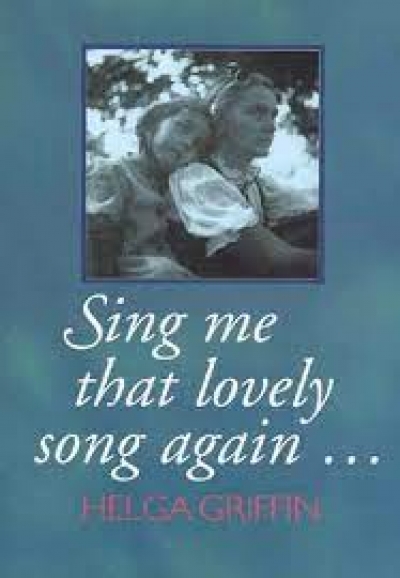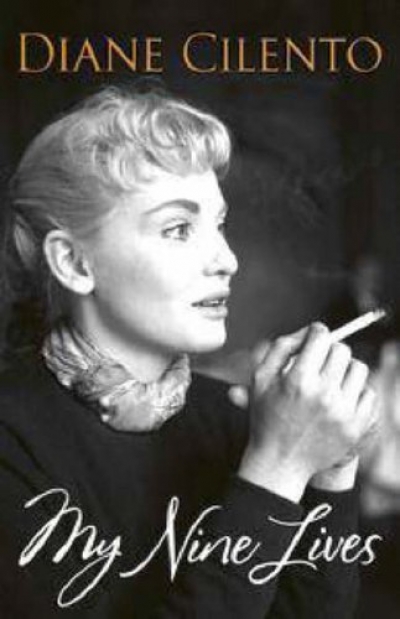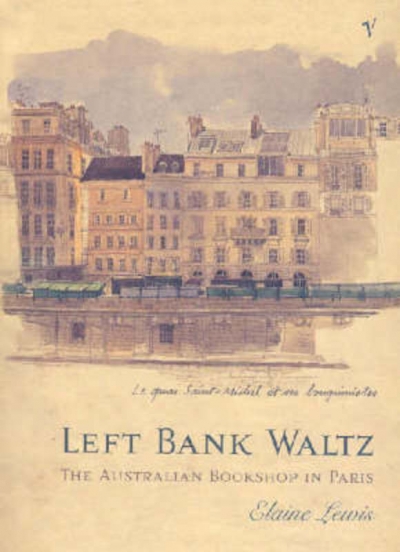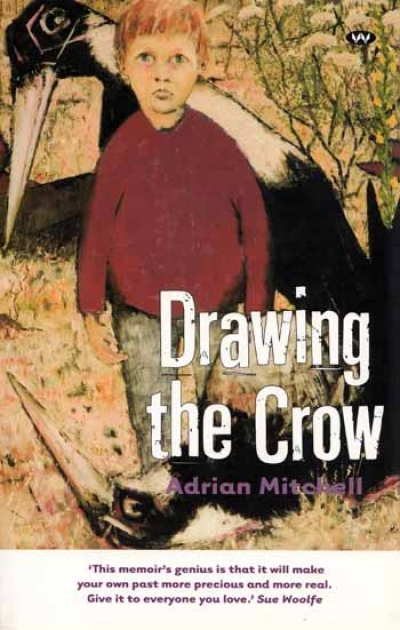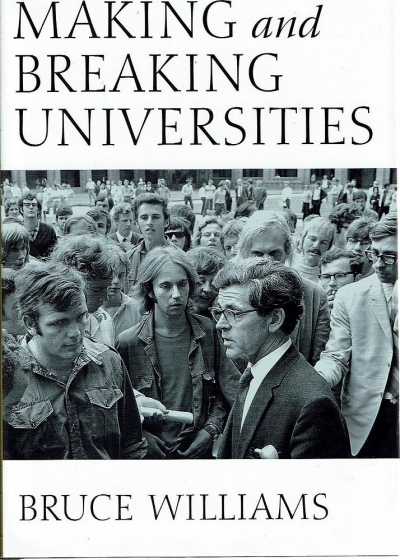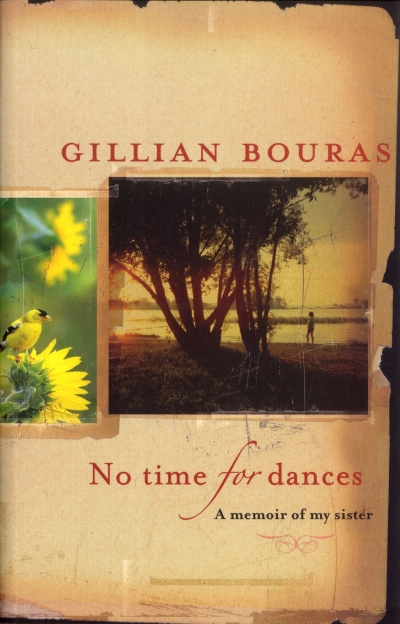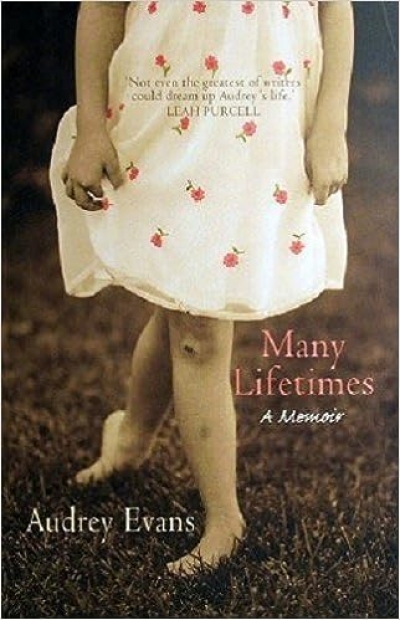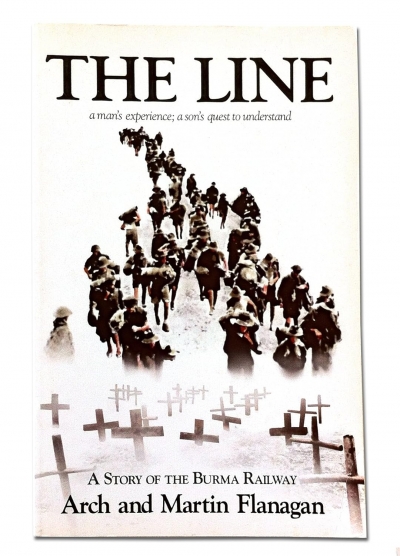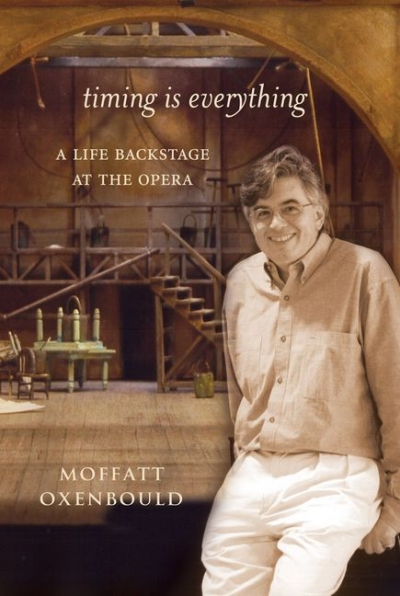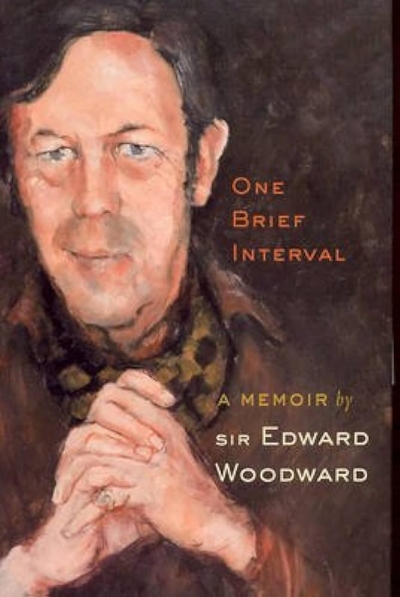Memoir
Left Bank Waltz: The Australian bookshop in Paris by Elaine Lewis
by Carol Middleton •
Making And Breaking Australian Universities: Memoirs of an academic life in Australia and Britain 1936–2004 by Bruce Williams
by Ros Pesman •
The Line: A man’s experience; a son’s quest to understand by Arch and Martin Flanagan
by Dan Toner •
Timing Is Everything: A life backstage at the opera by Moffatt Oxenbould
by John Slavin •

